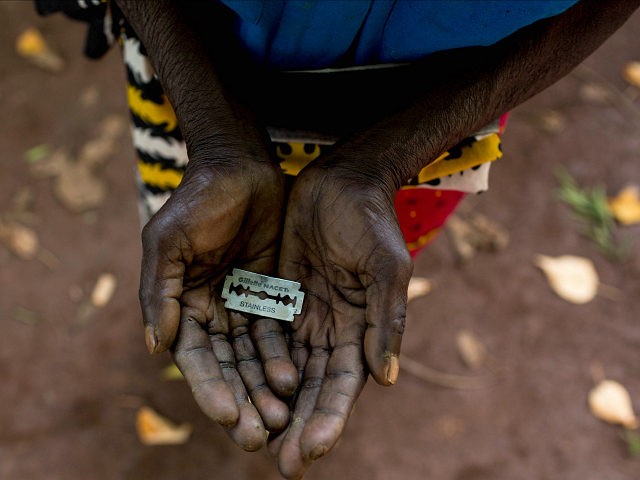The latest Female Genital Mutilation (FGM) case to make it to court has been dismissed, with the judge claiming the child had denied harm and medical evidence was inconclusive.
The Somali origin father, who lives in Bristol, had allegedly admitted to allowing his seven-year-old daughter to be cut on the clitoris, telling a charity worker it would stop her “feeling sexy all the time”.
However, Judge Julian Lambert described the prosecution’s case against 29-year-old former Uber driver as “deeply troubling” and slammed witnesses as “inconsistent”, the Daily Mail reports.
He also stressed that the child had denied being harmed and dismissed the medical evidence as “wholly inconclusive at its highest”.
Not a single person has been found guilty of FGM offences in Britain, despite the practice being illegal for 30 years, thousands of cases being logged annually, and there being hundreds of successful prosecutions in France.
Following the ruling, Detective Chief Inspector Leanne Pook, Avon and Somerset Police’s lead for FGM, said: “Our priority from the outset of this investigation has been to safeguard any vulnerable children and protect them from harm.
“We carried out a challenging two-year investigation, supported by professionals from a range of partner agencies, which resulted in evidence being passed to the Crown Prosecution Service and a charge being authorised for a child cruelty offence.”
He added: “FGM remains a deeply entrenched practice and we know these harmful procedures are happening in this country right now.”
A spokesman for the Crown Prosecution Service defended their case and described the prosecution against the father for child cruelty as “unprecedented”.
“The judge at Bristol Crown Court had the opportunity to hear the evidence live … He then made a decision to stop the case yesterday. We respect the judge’s decision and will not be appealing.”
Last year, more than 5,000 new cases of FGM were recorded in the UK, and around 9,000 women sought National Health Service (NHS) help because of the practice.
The figure means there are around 14 new cases every day, and a third of the women and girls seeking help were born in Somalia, according to the NHS numbers.

COMMENTS
Please let us know if you're having issues with commenting.